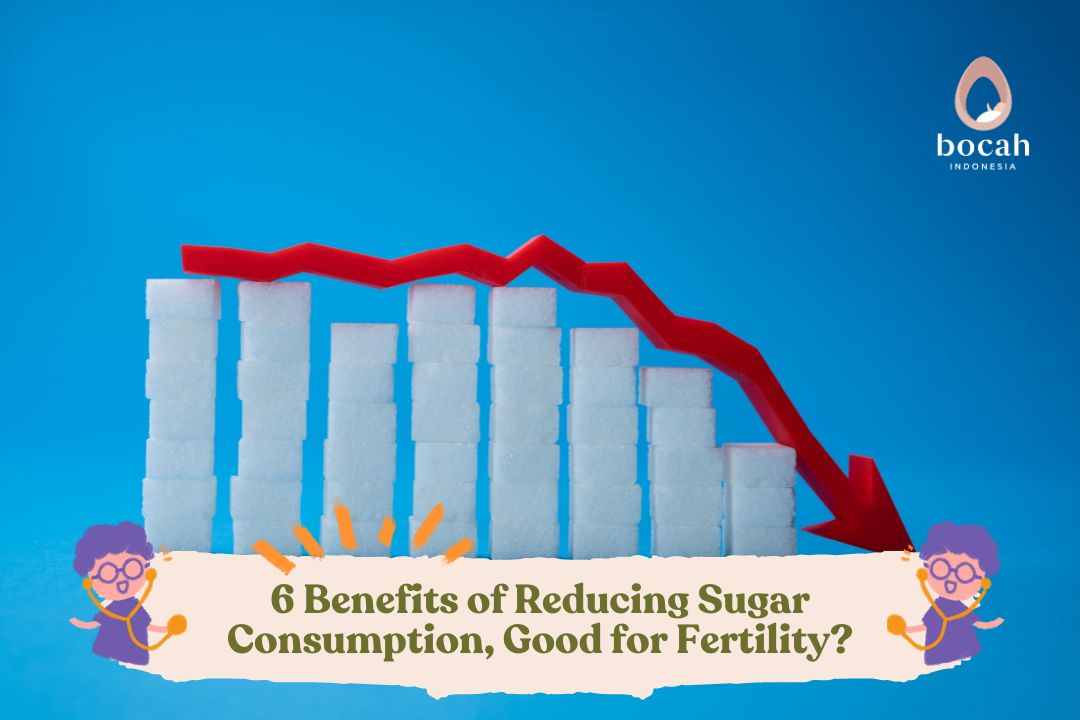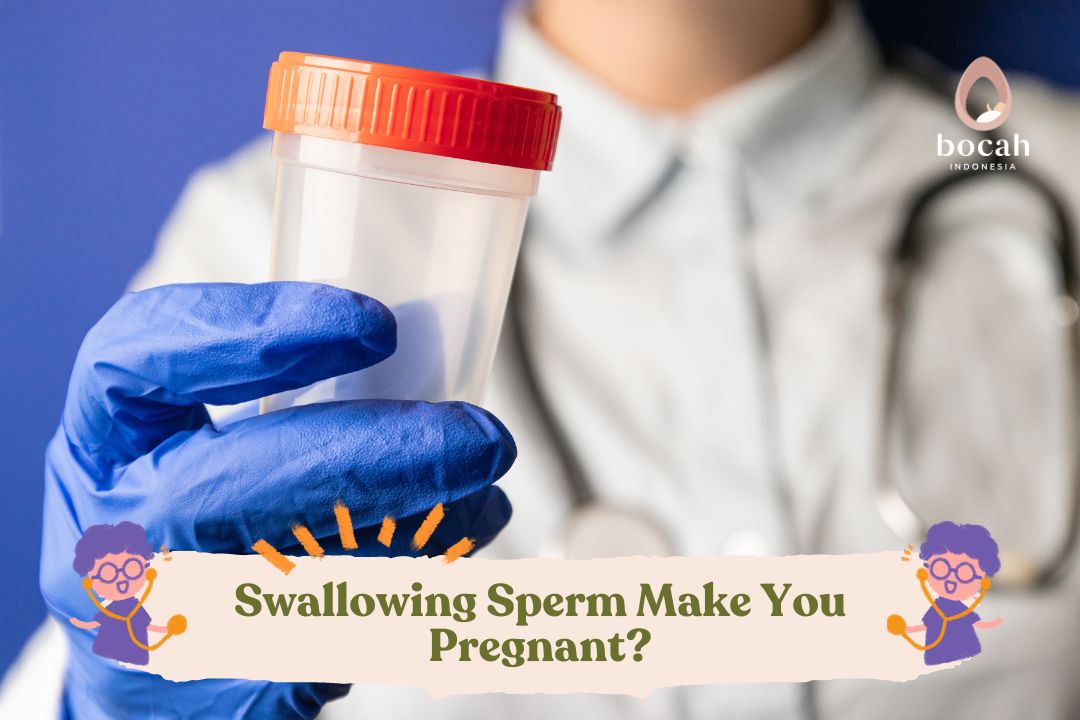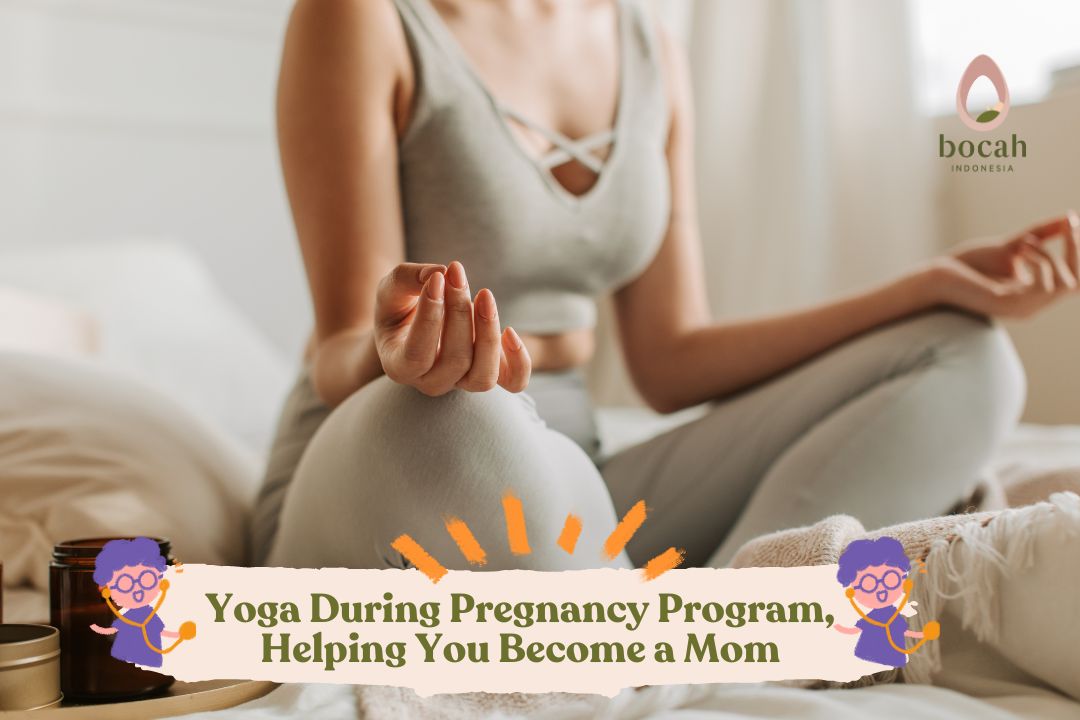A good nights sleep is all you need

In this digital age, as lifestyles get more complex and inherently busier, people are forgetting to take care of their bodies in the best way possible.
The old proverb of early to bed and early to rise has been left behind. Sleep time is getting later and it is affecting health and wellness significantly.
Moreover, studies have shown that there is a close relationship between sleep and fertility. Women who were able to sleep for seven to eight hours every night were found to have higher chances of success during IVF treatment.
Night shifts and odd working hours have been shown to be directly related to irregular periods, increased rates of miscarriages, and overall infertility in women. Exactly why is sleep so important for fertility, especially if you are undergoing treatment to conceive a baby?
Why Does Your Body Need Sleep To Be Fertile?
There are several reasons why sleep is a necessity to abate infertility. Fertility is closely intertwined with circadian rhythm.
Tanya Mincah tentang Promil?
Also known as the body’s internal clock, it plays a big part in the production and release of hormones. A lack of sleep or an excess of it can negatively affect the entire endocrine system that is responsible for the creation of hormones.
Hormones play a crucial role in ovulation which is the primary step in conception. The hormone prolactin is elevated in the body when women are sleep deprived, ultimately suppressing ovulation. Impaired sleep reduces leptin, a hormone responsible for appetite, which also adversely affects the process of ovulation. In summary, sleep is an absolute necessity when trying to conceive and should not be compromised on under any circumstance.
Sleep Affects Health, Wellness, and Fertility In A Significant way:
Sleep is crucial to maintaining health, wellness, and fertility and must be given top priority in our daily schedule. If you do not sleep well, your body simply does not function as it should.
1. Fewer sleep results in high levels of stress hormones in the body like cortisol and ACTH (adrenocorticotropic hormone) which further reduces your chances to conceive.
2. Women with depression or seasonal affective disorder tend to sleep longer hours than recommended. This can wreak havoc on the body’s hormones just as short sleep hours do.
3. It is very commonly advised to stay within your ideal body mass index (BMI) when you wish to conceive. Women with less sleep tend to be more hungry, unsatiated after meals and have less energy to exercise. All of these factors can unravel your efforts to lose weight to increase your fertility.
The Benefits Of Melatonin “The Sleep Hormone” In IVF
Melatonin, a hormone released by the pineal gland, is responsible for synchronizing sleep cycles and also has anti-inflammatory and anti-oxidative properties as well.
A study was conducted of 60 women with sleep disturbances undergoing IVF treatment. Half the women were given melatonin supplements and half were not.
Those who were given melatonin were shown to have better quantity and quality of eggs for retrieval and improved embryo quality as well.
Melatonin supplementation has been shown to have similar effects even for women who do not suffer from sleep disorders. Therefore, this master sleep hormone has been advised regularly for women undergoing IVF treatment.
Sleep Better To Improve Your Chances Of Having A Baby
It is quite clear that sleep and fertility go hand-in-hand. Women who are trying to conceive, especially those undergoing IVF treatment, should give themselves the best possible chance of success by ensuring adequate sleep hours.
Seven to nine hours of sleep every night may just be the missing link that results in successful implantation and a safe and healthy pregnancy.







